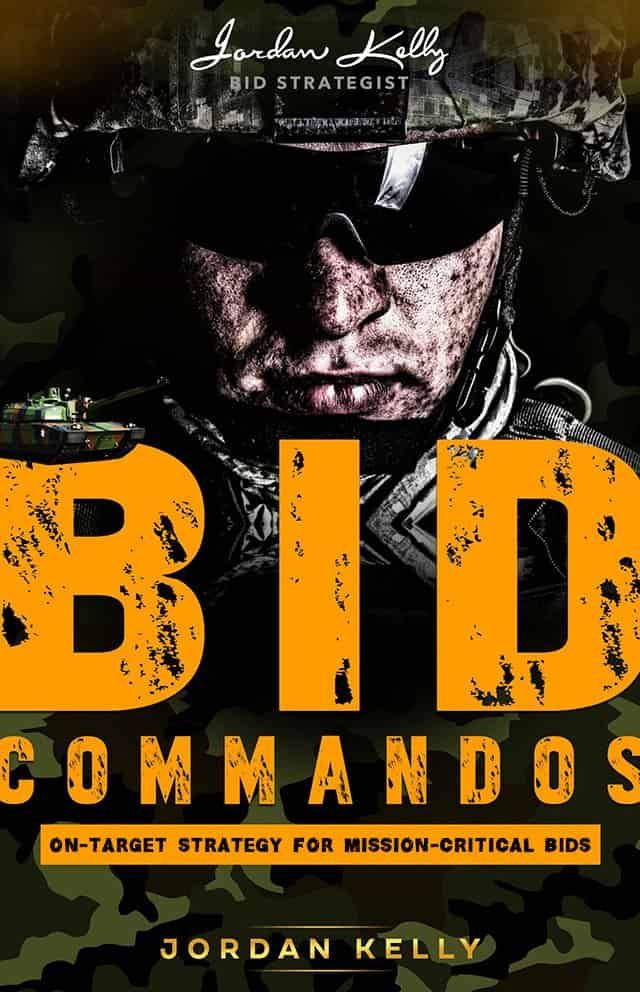CATEGORIES:

When you’re under the pump with a short submission timeframe, your best default strategy for getting a top-notch bid out the door in good time is to "go with the current" in terms of people’s natural talents.
People can be coached in their areas of weakness to a reasonable degree but rarely will they be great in those particular aspects of bid production: people generally gravitate back to the aspects in which they naturally excel and endeavour to avoid those in which they don’t.
The first step is to accurately identify the priority skills required for each part of the submission and the process, giving careful consideration to which individuals possess these.
Really think about each person and who (rather than what) they are; “day job” position titles can be misleading in the context of a bid. Often, the strengths and weaknesses you’d assume of an individual in a particular role just don’t import across into a bid team environment in the way you’d expect them to.
BID COMMANDOS
On-Target Strategy for Mission-Critical Bids
(Training Program)
BID COMMANDOS is my "blockbuster", comprehensive, 11-module training program.
It's intricately formulated to ensure your team excels at every stage of a formal bidding process . . . from the initial bid/no bid analysis, through research and intelligence-gathering, through the strategy development and documentation process, through strategic and compelling writing and competent editing, and on through the shortlistee presentation stage, right through to optimisation of client de-briefing session/s.
BEATING THE BIG BOYS AT BIDS

(Training Program)
Capitalise on the natural advantages of being a smaller, more agile - and potentially, more aware - operator than your corporate competitors.
A five-module training available for delivery in tandem with your team's preparation for, and participation in, any especially important bid . . . and preferably one that stands to see your enterprise increase its competitive ranking within your industry.
(Equally applicable for producing proactive proposals and participating in less formal processes.)



